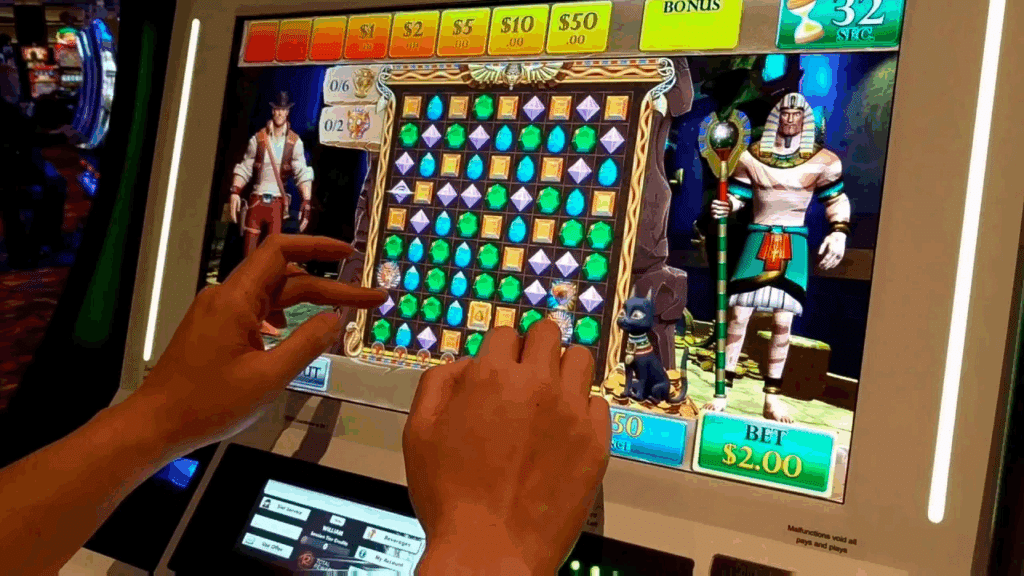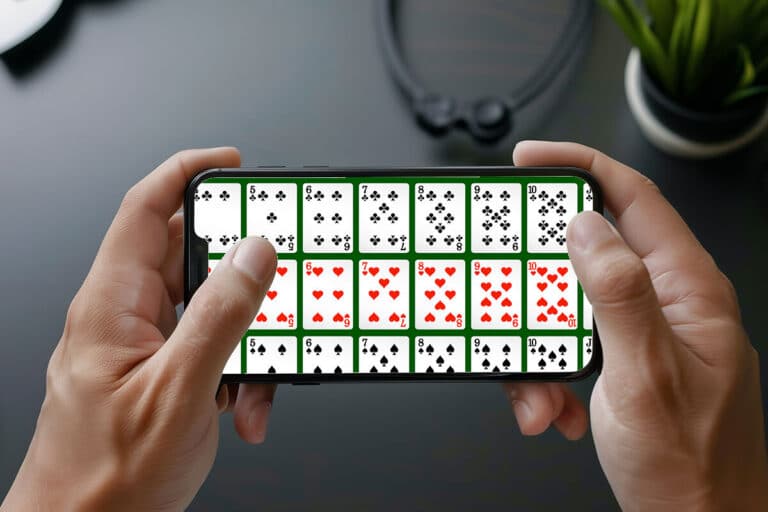The illusion of control is a cognitive bias in which a person believes they can influence outcomes that are, in reality, determined by chance. In the context of online casinos, where the outcome of games depends on randomness, this phenomenon can become even more pronounced.
When gambling at a casino, people tend to look for patterns and reassurance, even in the most minor details. This is done to try and maintain a sense of control in uncertain situations, which gambling is. This article explores how this illusion manifests, which games it’s most noticeable in, why it’s important to be aware of it, and how to manage it effectively.
What Is the Illusion of Control?
There are aspects in online gambling that players can control, like selecting a site that meets certain needs in terms of bonuses, game selection, and payment methods. If you’re comfortable with e-wallets as a payment method, then it makes sense to go for legal Neteller casinos UK or perhaps PayPal sites that offer quick transactions and low deposit requirements.
The same applies to the games, where a player has control in checking volatility, RTP, and features, which can help you plan better and stretch your bankroll. But the moments of gaming, like rolling the dice, spinning slots, and picking a roulette number, are pure chance.
If you catch yourself thinking your act of putting a bet down on roulette, crossing your fingers for good luck, or pressing the spin button on a slot machine had any real impact, that’s the illusion of control at work. Just your brain playing an old trick.
Psychologist Ellen Langer coined the term over fifty years ago, and the phenomenon is as present as ever. These days, with so many games just a click away, it’s easy to feel like we’re making key decisions, that we have agency over outcomes.
People generally lean towards optimism and therefore tend to overestimate their abilities, which feeds this illusion. It’s one of those small, positive delusions that help us get through life, but in the context of gambling, it can work against us.
Manifestations at Online Casinos
In general, gamblers tend to look for patterns and try to predict outcomes, even in situations governed entirely by chance. During an online casino session, there are moments when this illusion becomes active. Here are some of the most common ways in which it can appear:
Slot Machines and “Near Misses”
When the symbols almost line up, the brain reacts as if it had won. That “almost” doesn’t go unnoticed. According to Frontiers in Psychiatry, a respected scientific journal, players are more likely to continue betting after a “near win”, driven by the illusion that they were close to succeeding.
Games with Simulated Physical Interaction
Throwing dice or spinning the roulette wheel with a gesture creates a sense of agency. But it doesn’t alter the odds. Studies confirm that this kind of interaction strengthens the (false) perception of control.
Personalised Bonuses and Loyalty Programmes
Even bonuses, promotions, and loyalty schemes, if not used responsibly, can reinforce the sense of control. These personalised incentives make players feel rewarded for their choices and loyalty, which strengthens the belief that their actions are having an influence, even though chance remains the key determining factor.
Why Bother Spotting It?
The second you think you’re in control, you’re probably not. Understanding the illusion of control is like switching on the lights, as you see things for what they are. You stop chasing that “just one more try” high and start making clearer choices. Psychologist Dr Clark from Cambridge puts it bluntly: “This kind of bias messes with your self-control when gambling.”
Once you accept that randomness runs the show, it’s much easier to break the loop of chasing losses or upping the stakes. You save money, spare yourself the stress, and start treating gambling for what it should be—a bit of fun, not a constant battle.
How Can This Illusion Be Overcome?
It’s not about giving up gambling altogether, but about playing with your eyes open. An effective way to break the illusion of control is to set time and money limits before you begin, while your head is still in charge and not your impulses.
It also helps to steer clear of games that simulate control through buttons, gestures or meaningless choices. Thinking critically about what is happening, by asking yourself, “Does this outcome really depend on me, or chance?” is an essential tool.
Recent studies also highlight the value of receiving personalised messages that flag risky patterns of behaviour on gambling platforms. Sometimes, a simple notification can be the necessary pause that makes all the difference.
Before You Click Again
The illusion of control isn’t some invisible monster or a concept invented by behavioural experts. It’s a quiet voice that whispers, “This time, you really can win,” and it does so precisely when you most want to believe it.
Recognising it doesn’t mean you have to stop playing. It means playing with logic and not emotions. It means playing with control, limits and with the awareness that, in most cases, there’s no magic strategy, no special touch, no lucky hunch. There’s just chance.
So before you click again, ask yourself: Does my decision actually affect the outcome, or is it all just an illusion?


















